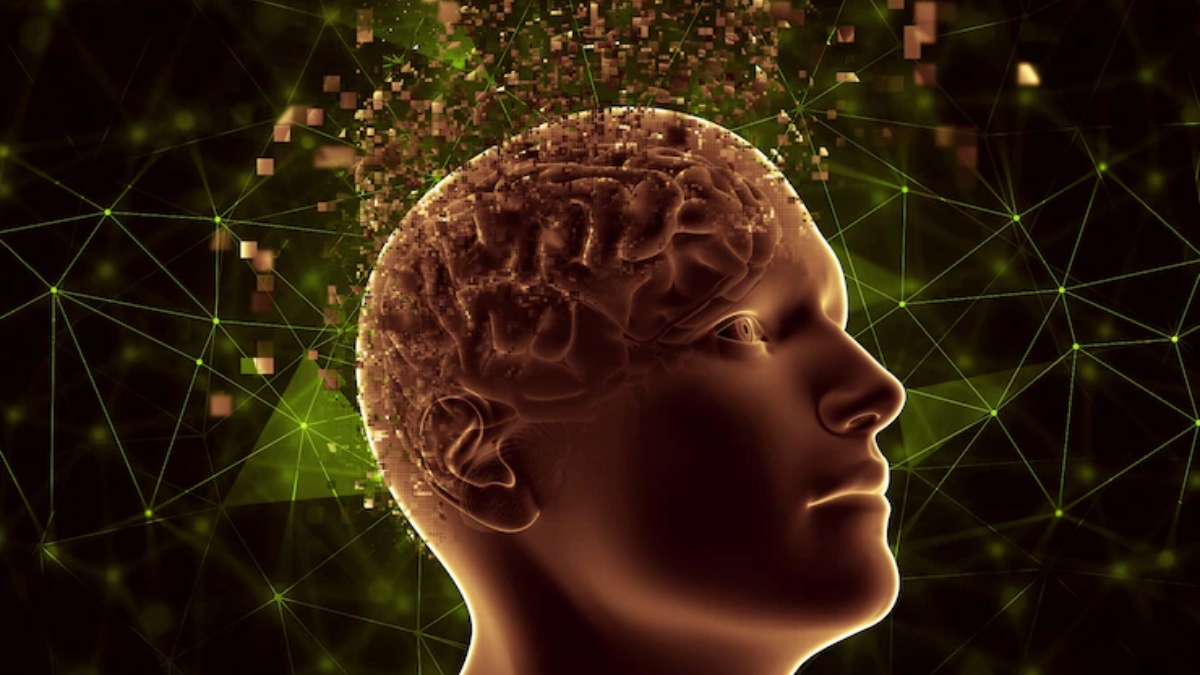Ever imagined what happens in the brain when a person dies? Brain scans of a dying man revealed that our entire life flashes in front of our eyes like lightning. What happens inside your brain during near-death experiences and after death are questions that have puzzled neuroscientists for centuries. A study published in the journal Frontiers in Aging Neuroscience suggests that our brain remains active and coordinated during and after the transition to death, and may even be programmed to orchestrate the whole ordeal.
"Something we may learn from this research is: although our loved ones have their eyes closed and are ready to leave us to rest, their brains may be replaying some of the nicest moments they experienced in their lives," said Dr Ajmal Zemmar, a neurosurgeon at the University of Louisville, US, who organised the study.
Neuroscientists at the University of Tartu, Estonia, recorded the activity of a dying 87-year-old patient with epilepsy. They found rhythmic wave patterns similar to those that occur during dreaming and meditation. They used continuous electroencephalography (EEG) to detect the seizures and treat the patient. During these recordings, the patient had a heart attack and passed away. This unexpected event allowed the scientists to record the activity of a dying human brain for the first time ever.
"We measured 900 seconds of brain activity around the time of death and set a specific focus to investigate what happened in the 30 seconds before and after the heart stopped beating," Zemmar said. "Just before and after the heart stopped working, we saw changes in a specific band of neural oscillations, so-called gamma oscillations, but also in others such as delta, theta, alpha and beta oscillations," he added.
Brain oscillations (more commonly known as 'brain waves') are patterns of rhythmic brain activity normally present in living human brains. The different types of oscillations, including gamma, are involved in high-cognitive functions, such as concentrating, dreaming, meditation, memory retrieval, information processing, and conscious perception, just like those associated with memory flashbacks.
"Through generating oscillations involved in memory retrieval, the brain may be playing a last recall of important life events just before we die, similar to the ones reported in near-death experiences," Zemmar said. "These findings challenge our understanding of when exactly life ends and generate important subsequent questions, such as those related to the timing of organ donation."
While this study is the first of its kind to measure live brain activity during the process of dying in humans, similar changes in gamma oscillations have been previously observed in rats kept in controlled environments. This means it is possible that, during death, the brain organises and executes a biological response that could be conserved across species.
Don't miss these:
10-Minute workout routines that anyone can try and doesn't require any equipment & gym membership
Intermittent fasting may not work for women, instead of weight loss, it could lead to complexities

